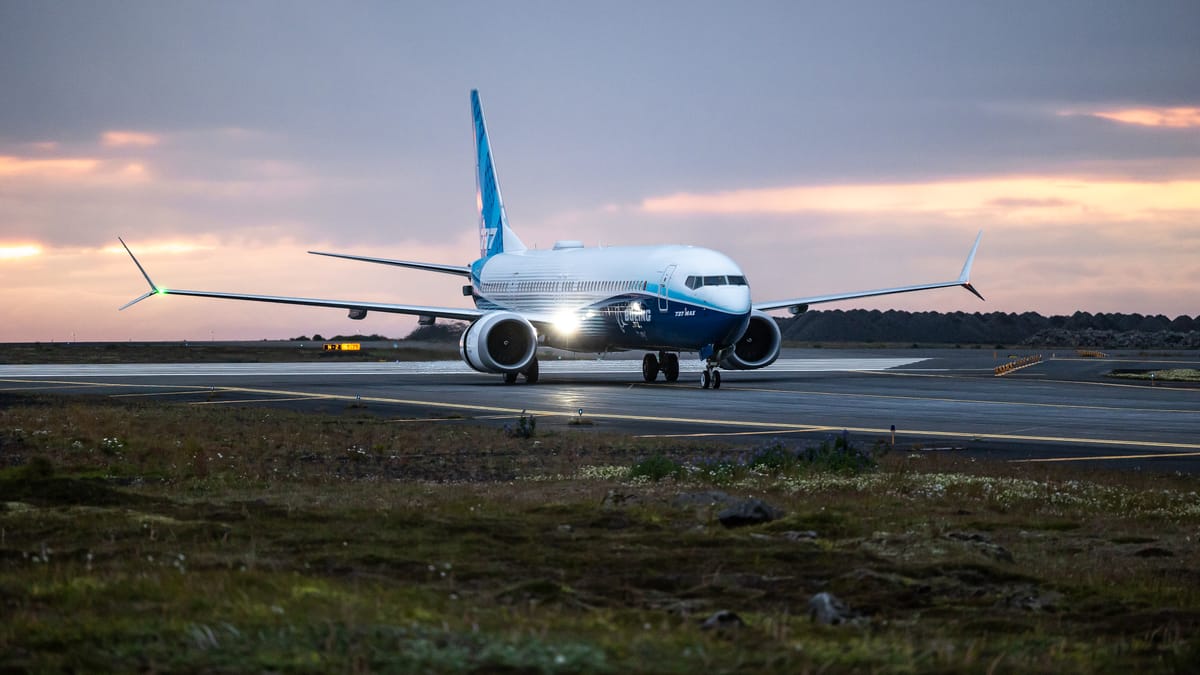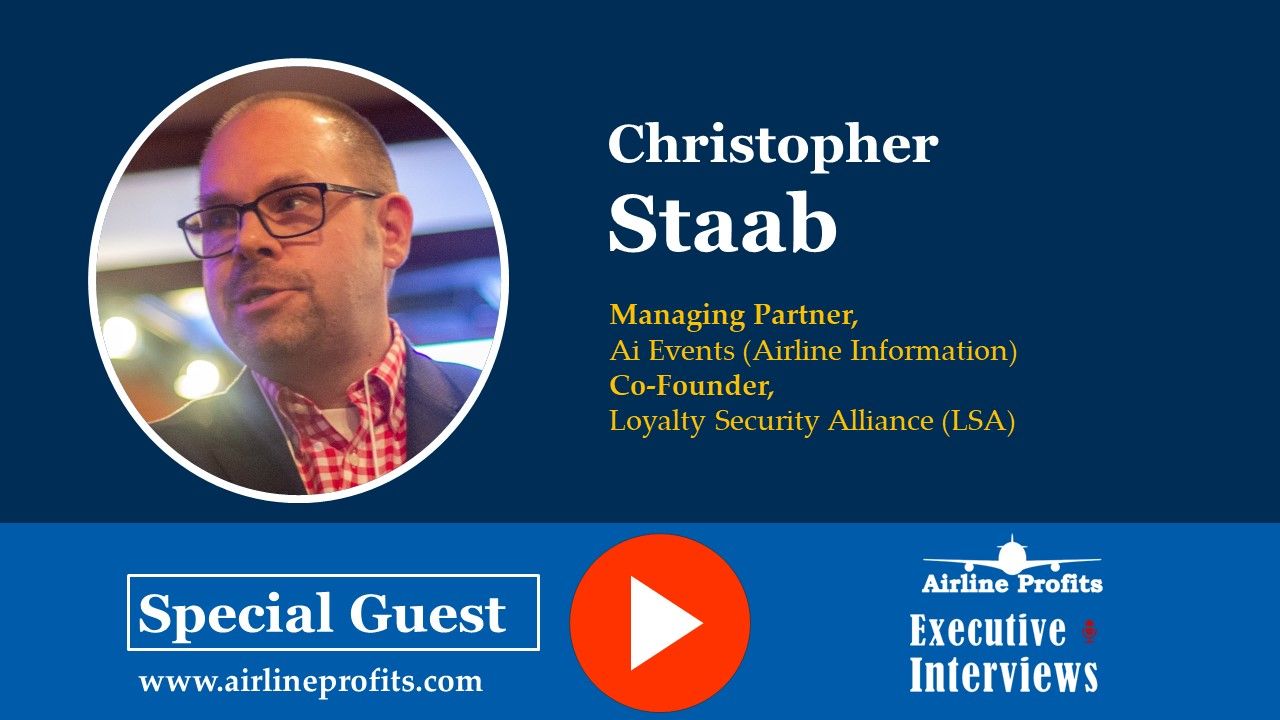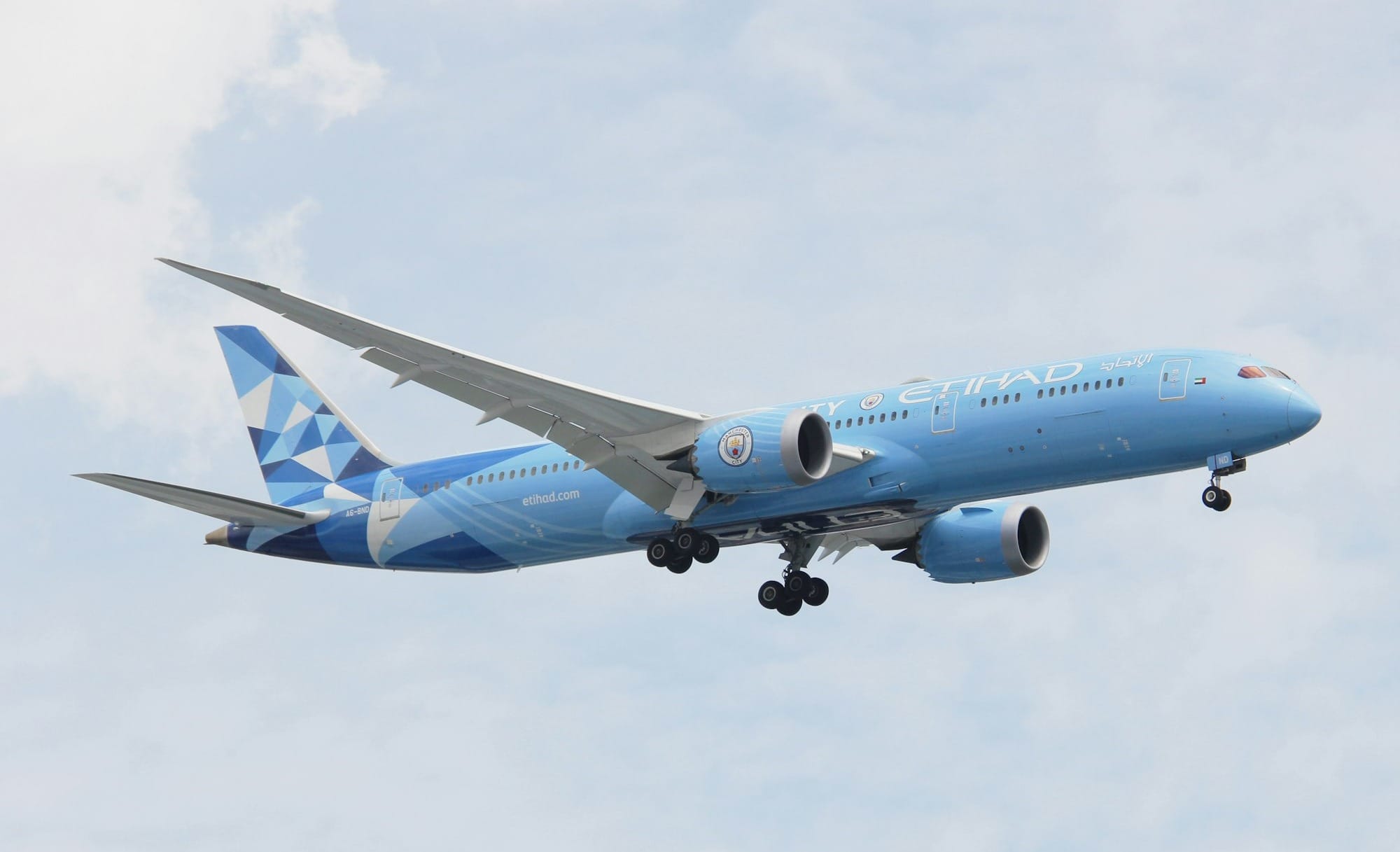Boeing and U.S. Government Collaborate to Propel Sustainable Aviation Fuel in APEC Economies
Boeing, in partnership with the United States government, has launched a groundbreaking initiative to accelerate the development and utilization of Sustainable Aviation Fuel (SAF) among the Asia-Pacific Economic Cooperation (APEC) member countries.


Boeing and U.S. Government Collaborate to Propel Sustainable Aviation Fuel in APEC Economies
Seattle, Washington - Boeing, in partnership with the United States government, has launched a groundbreaking initiative to accelerate the development and utilization of Sustainable Aviation Fuel (SAF) among the Asia-Pacific Economic Cooperation (APEC) member countries. This initiative is a strategic move towards achieving the net-zero carbon emissions goal by 2050, as set by the International Civil Aviation Organization (ICAO) and the civil aviation industry.
Advertising
Key Aspects of the SAF Initiative
- Reducing Carbon Emissions: SAF, which can reduce lifecycle CO2 emissions by up to 85%, is considered crucial for significantly lowering aviation's carbon footprint over the next three decades. Despite its potential, SAF currently accounts for only 0.1% of global jet fuel demand, primarily due to limited supply and high costs.
- Collaborative Efforts: The U.S. Department of Transportation and the Federal Aviation Administration (FAA) will join Boeing in sponsoring this project under APEC's Transportation Working Group. The initiative aims to address several challenges in establishing SAF markets within APEC economies, including identifying sustainable feedstocks, optimizing production pathways, leveraging existing industries, developing SAF-specific policies, and exploring accounting mechanisms like book and claim.

- Enhancing the SAF Ecosystem: This project will gather best practices and case studies from economies with advanced SAF markets to guide and support those looking to establish new markets. It also aims to create a policy toolkit for regional cohesion in SAF policies and regulations.
Boeing's Commitment and Actions
Chris Raymond, Boeing's Chief Sustainability Officer, emphasized the necessity of SAF in meeting aviation's net-zero commitment. Boeing's commitment to scaling SAF globally includes industry partnerships, policy advocacy, investments in product compatibility, and the company's own purchase of millions of gallons of SAF for its commercial operations. Recent initiatives by Boeing to advance SAF include:

Advertising
- Partnering with the APEC Secretariat for 'sustainable aviation' webinars.
- Collaborating with Zero Petroleum to test and analyze next-generation SAF technologies.
- Working with the Roundtable on Sustainable Biomaterials to explore SAF feedstock opportunities globally.
- Joining Japan's ACT FOR SKY organization to promote domestically produced SAF.
- Ensuring Boeing commercial airplanes are 100% compatible with SAF by 2030.
- Joining the World Energy Council to drive sustainable energy transitions.
Since 2022, Boeing has purchased 7.6 million gallons of SAF for its U.S. commercial airplane operations.

Advertising
Boeing's Global Presence
As a leading aerospace company, Boeing develops, manufactures, and services commercial airplanes, defense products, and space systems for customers in over 150 countries. The company is a top U.S. exporter, leveraging a global supplier base to advance economic opportunity, sustainability, and community impact. Boeing's diverse team is dedicated to innovating for the future, leading with sustainability, and upholding core values of safety, quality, and integrity.
For more information, visit Boeing's website.



